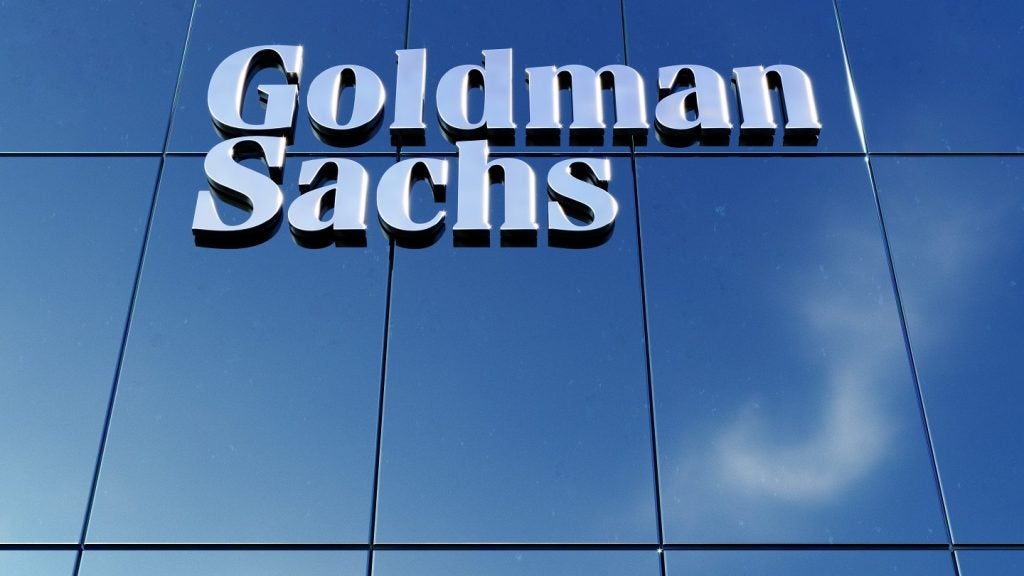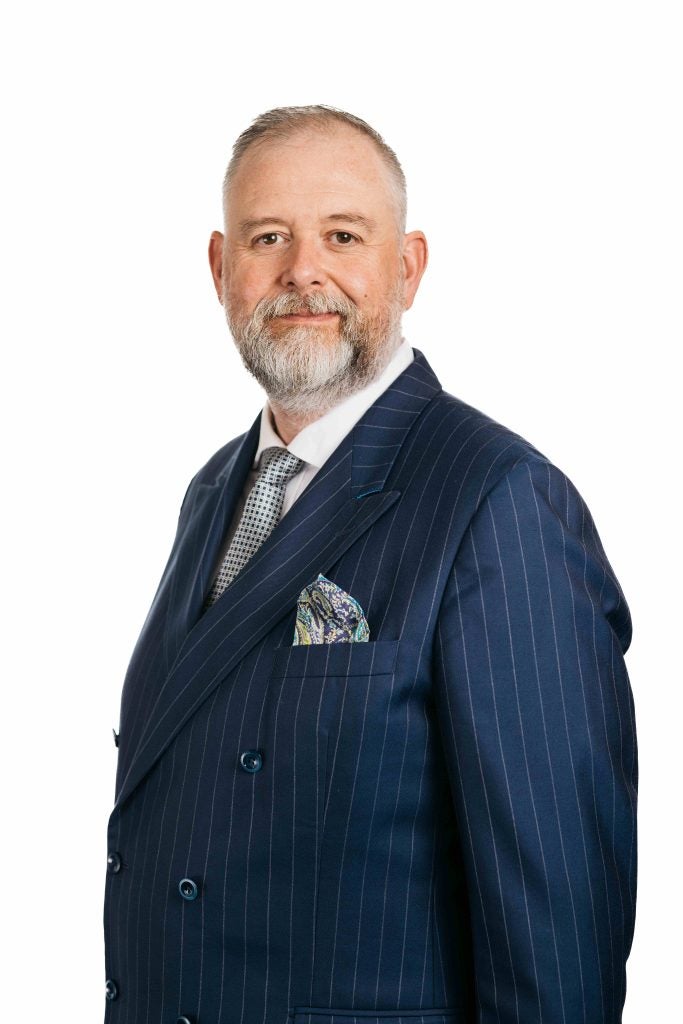In order to be truly Shari’ah compliant, Islamic banks have to implement core banking systems that can keep up with the specific demands that the religious boards as well as end-customers make. John Schaffer speaks with leading software vendors – Temenos, Infosys, Misys and Path Solutions – to understand the dynamics of the Islamic banking technology provisions underpinning this growing area
As the demand for Islamic finance grows, specific technology requirements have become a key factor for banks to be truly Shari’ah compliant. As with conventional banking systems, Islamic banking providers will have to make sure that they have a strong core banking system in place to keep up with the demands of clients and regulators.
Islamic banking is different from conventional banking in the way that financing and deposit products are offered, with an emphasis on profit sharing rather than debt. This means that technology provisions have to be altered accordingly. Care must also be taken so that Islamic and conventional financial transactions are not mixed up, especially where a bank is offering products for both sets of customers.
Islamic banking could still be considered in its infancy and is evolving with changing requirements from Shari’ah boards. This means that technology systems have to be particularly flexible and agile.
PBI speaks to four banking software vendors – Temenos (IslamicSuite), Infosys (Finacle); Misys (Fusion Banking Essence Islamic); and Path Solutions (iMAL, iWINDOW, iSHRAQ) – to dig deeper into their products as well as gain’s insights into industry trends.
Temenos: Fadi Yazbeck, Product Manager – Islamic Banking
Infosys: Sriranga N Sampathkumar, AVP and Head of Client Services – Middle East (Finacle)
Misys: Alex Kwiatkowski, Banking Strategist, and Marwan Abouzeid, Core Banking Team Lead
Path Solutions: Rosie Kmeid, VP – Global Corporate Communications & Marketing
What differentiates your software solution from the rest?
Infosys: Finacle has built the Islamic core banking system from the ground up, and not as a mere extension or tweak of a conventional core banking system. Both systems can, therefore, work independently. The Finacle Islamic Banking Solution is built on Shari’ah principles in consultation with a team of Shari’ah scholars and is certified by the AAOIFI. To ensure that it is strictly Shari’ah complaint, our delivery team handling the implementation of projects are also Certified Islamic Finance Executives (CIFE).
Misys (Marwan): Misys has been in the market for a long time, providing solutions for Islamic banks since the 90s. Because we’ve come from behind in terms of offering our Islamic solution – we learned from other vendors’ mistakes and we decided that tweaking a conventional banking solution doesn’t work, we need to build solutions from the ground up.
We’ve used a componentised practice to allow a bank to build a workflow process, which actually exists in other core banking solutions, but the granularity of the workflow process is much higher in our case. Our solutions are complete with dashboards, customisable by the business users rather than the IT team. You can use these dashboards to do a lot of analytical professing of your data to be able to arrive at the right things to do for your customers. That’s a major change from what other vendors in the market are currently offering.
Path Solutions: Path Solutions’ Islamic core banking system, architected around Shari’ah guidelines, is truly geared to address country and region-specific Islamic banking requirements. Our Islamic core banking system supports a variety of models, allows for quick time-to-market, while also addressing risk management and compliance under Shari’ah law across geographies. Path Solutions is the only IT company globally that has sought the AAOIFI certification for its end-to-end software system in 2008, to ensure its compliance with the Islamic law.
In 2014, following a rigorous and phased approach project that entailed examination sessions with unprecedented collaboration between Path Solutions and Deloitte’s Islamic finance and Shari’ah professionals, the Deloitte Islamic Finance Knowledge Center has reported no exceptions on the compliance of our Islamic core banking system with Shari’ah principles, and the accounting standards issued by AAOIFI. This initiative has helped to further increase client satisfaction, maintain and enhance good compliance practices.
We continue to be the only IT vendor that is 100% focused on the Islamic financial services segment. We cover the entire range of Islamic Banking; retail and corporate banking, investment and financing, treasury, asset management, risk management, and regulatory reporting.
Temenos: IslamicSuite services the Islamic banking community with Shari’ah compliant, flexible solutions that have been specifically designed to support wealth, retail, corporate and treasury bank needs. IslamicSuite is available en-premise or in the Cloud according to individual needs. A growing preferred solution for the Islamic banking community, the Cloud gives access to enterprise-level IT at an affordable price, whilst ensuring Islamic law compliance. We work with a global network of leading business, technology and services partners to reduce implementation risk, enable a faster time time-to-market and provide innovation.
Temenos’ IslamicSuite customers benefit from increased efficiency and profitability through: full automation and increased straight through processing rates; 31% higher return on assets; -8.6 point lower cost-to-income ratio; 36% higher return on capital; reduced development time by 40%; quality customer products and services available quickly and cost effectively; growth at double target rate; adopting a pre-configured solution based on Shari’ah industry standard and offering advanced Shari’ah wealth management services.
What trends are you seeing in the Islamic finance technology systems space?
Infosys: Banks are increasingly looking to move from just being compliant for a few Islamic offerings to having a truly digital Islamic core banking product. This is an industry with emerging demand. More so, the increasing digitisation of banking and customer ecosystems is driving demand for a truly digital solution. End users feel comfortable when their Islamic product expectations are met, while being served with the same standards of ease as conventional banking over internet, tablets, etc.
Path Solutions: Service expectations are getting higher, demand is for a more personalised approach, and as product demands are becoming varied, the trend is towards more sophisticated Islamic banking products and services. We are also witnessing trends that are similar to the ones in conventional banking: digital banking is increasingly the norm for straightforward banking activities, delivery channels and mobile banking in its various forms – payments and transfers have been evolving fast lately.
On another note, the Basel Committee’s recent guidance on data aggregation and reporting will require banks to fundamentally upgrade their reporting capabilities by early 2016, and this will also be applicable shortly in the conventional as well as the Islamic banking space.
What are the main challenges in implementing an Islamic core banking system?
Temenos: The implementation challenges from an IT perspective are the same between Islamic and conventional core banking systems. If you have the right product, the implementation challenge is in terms of project management. In Islamic banking, sometimes you have bankers from conventional backgrounds trying to implement the system – here you might have the challenge in terms of agreeing with them on how the system should operate, work and what the process is to make it Islamic compliant. Another challenge is that Islamic products, workflows and rules are not standardised across all countries, or even across different banks in the same country. This is not much of a big challenge for Temenos, as we can alter the system through configuration and parameters to satisfy those variations.
Shariah regulation is the main board regulating Islamic banking, so I think it covers all the limitations or all the ruling on how an Islamic bank should operate. We are finding now that Shariah compliance is no longer the only requirement for an Islamic bank – now Islamic banks are going into competition with international players offering Islamic banking solutions, so our Islamic customers are looking into advanced channels for mobile solutions or internet banking solutions, and looking more for customer service efficiency in their offerings.
Path Solutions: Islamic core banking systems are undergoing rapid changes similar to conventional ones, with focus on mobility, advanced delivery channels, 24×7 banking, branchless banking, Software-as-a-Service (SaaS) and cloud computing being among the latest trends. Any committed IT provider for the Islamic finance segment will have to continue enhancing the suite of applications by incorporating advanced functionalities that are in demand, while maintaining a practical approach in upgrading the underlying technology to align itself with latest trends and innovations, enabling clients to maximise agility to compete in the marketplace.
Misys (Marwan): Some banks take a decision to transform from a conventional bank to an Islamic bank, and that requires a lot of work in terms of providing the expertise to allow them to make those existing portfolio products change from a conventional practise to an Islamic practice. It requires a lot of consultancy from our end as a vendor.
From a technical perspective, when you look at these new banks that are trying to tap into the market and open Islamic windows, there’s a lot of integration work that goes on between the conventional solutions and these new Islamic banking solutions that they want to offer.
Is it a challenge to implement an Islamic core banking system alongside a conventional system?
Infosys: There’s no overlap between our products, making them reliable and robust. Emirates NBD, AWAI and Emirates Islamic Bank are examples where the conventional Finacle Core Banking solution co-exists with a window Islamic operation and standalone Islamic Banking solution respectively. In both cases, the solutions reside in the same data centre, yet work independently of each other.
Temenos: We do have a large number of customers running both a conventional and an Islamic system simultaneously. The main requirement when you run two types of banks on the same system is to have financial segregation. This means that you should be able to produce a separate balance sheet for the Islamic bank. Profits generated from a conventional product should not be paid out to an Islamic deposit, and vice versa.
Do you think Islamic banks, currently, have the correct technology systems in place to be Shari’ah compliant?
Infosys: The answer is both no and yes. Most Islamic banks in the Middle East are still of the opinion that they can tweak a conventional banking solution and make it Shari’ah compliant. But this can serve as a stop gap measure. In the long run, Islamic private banks will need a pure play Shari’ah compliant solution to help them offer a pure Islamic product portfolio. We see thinking changing among Islamic private banks to this end.
Misys(Alex): If you’re not addressing your technological elements, you will struggle to be competitive. Banks don’t have the luxury of saying – we’re not going to touch our technology – it just depends on a case by case basis as to how much of their legacy technology they have to replace or transform in order to allow them to perform effectively, measured against their peers. I think there is a strong sense that the banks get this, I get this from my regular travel to the Middle East and Africa. They’re not ignoring the challenge that exists, they’re having to deal with it head on and say – yes we do need to transform.
There are some other socio-political factors in some markets that are having an effect, not least that we’ve seen the Arab spring and activities that have been playing out in Egypt and other markets, but its something that all banks in an Islamic context will come to terms with and do something about, or they’re already on that journey.








